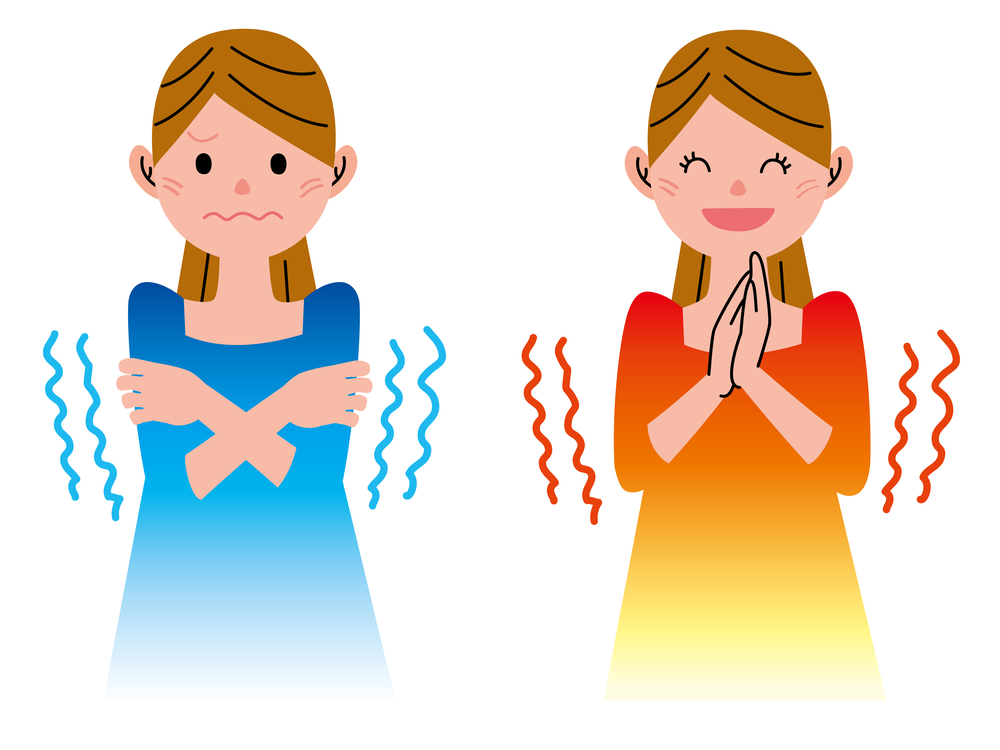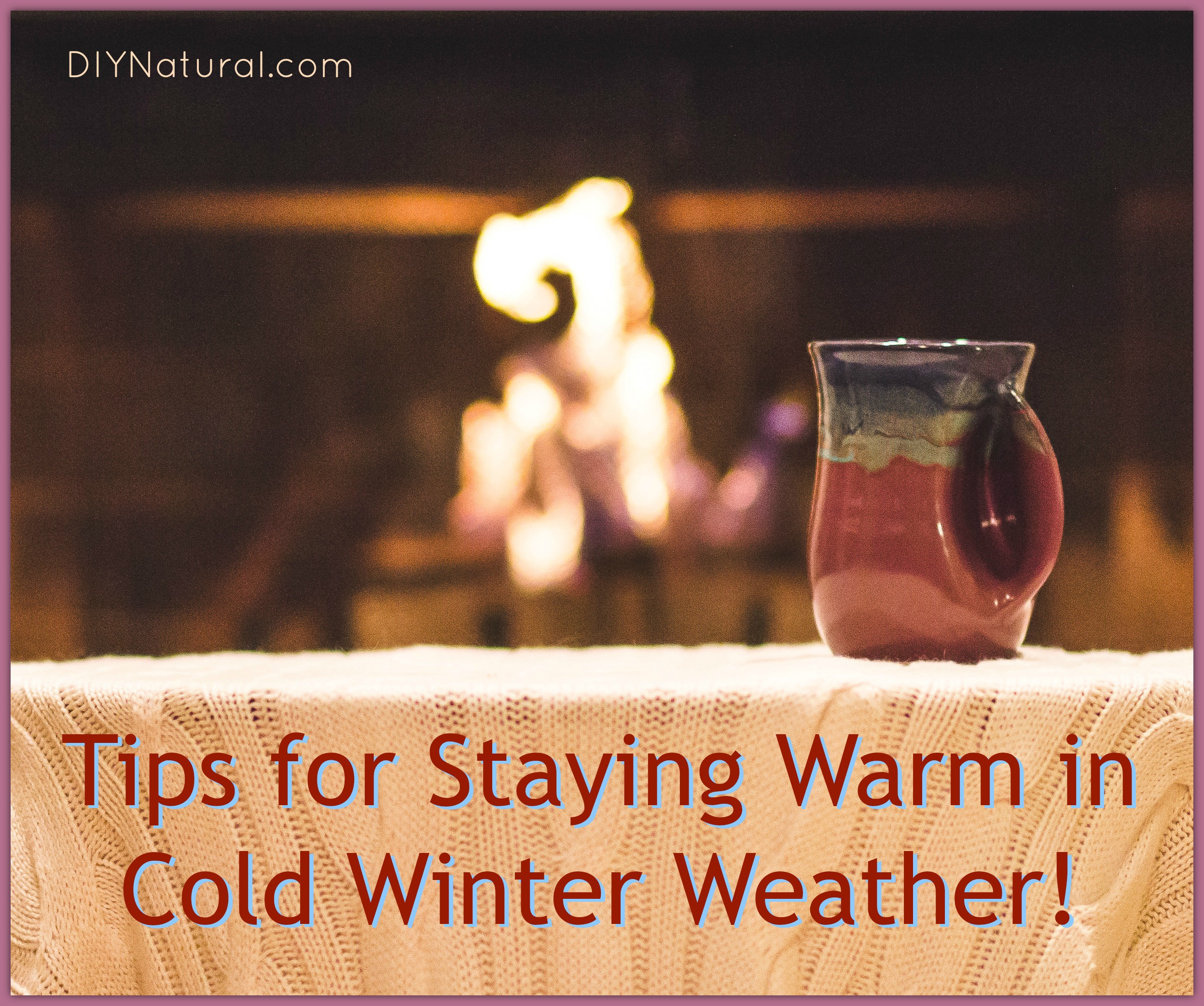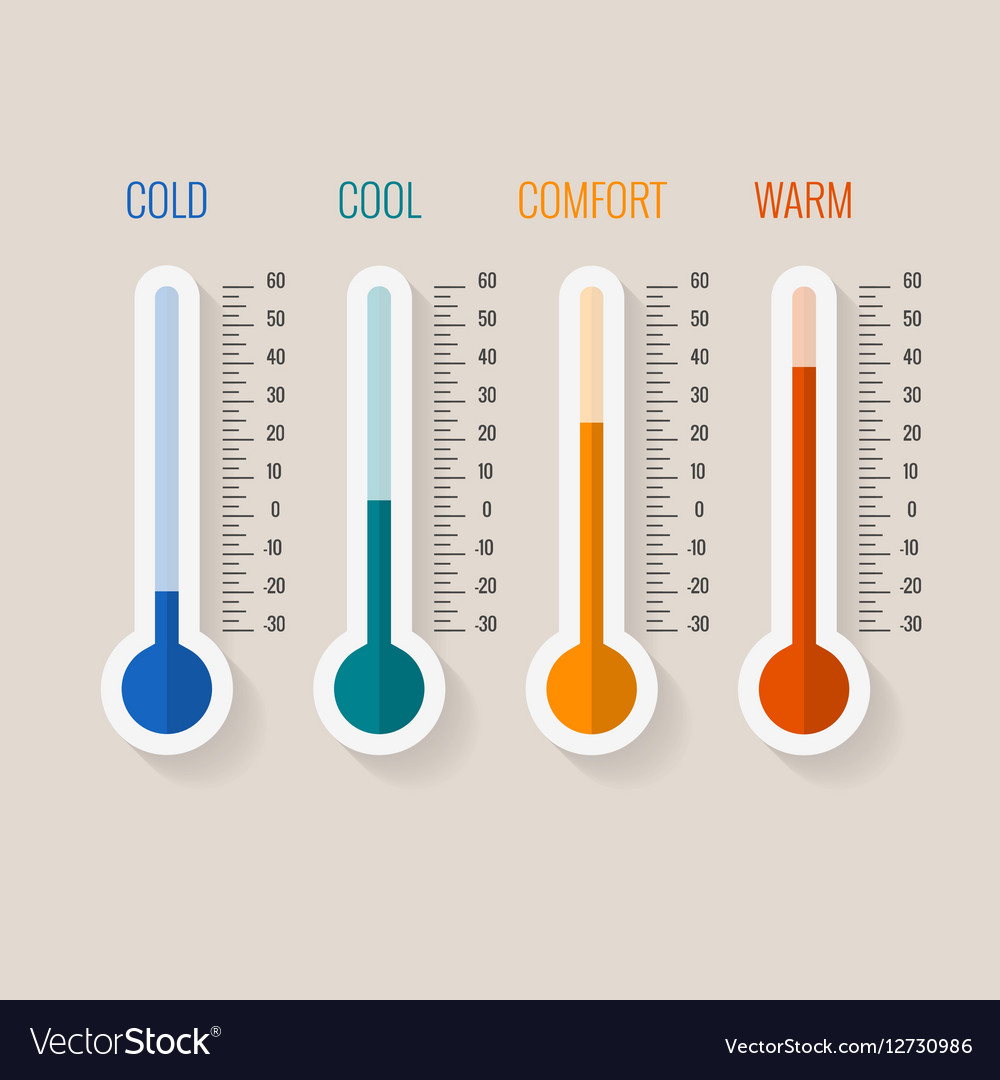Understanding the Sensation of Feeling Cold when it is Hot Weather
Have you ever experienced the peculiar sensation of feeling cold while surrounded by hot weather? This phenomenon, known as “feeling cold when it is hot weather,” is more common than one might think. Although it may seem counterintuitive, there are several possible explanations for this occurrence. This article aims to shed light on the reasons behind this sensation and provide practical advice for managing it.
Common Causes of Feeling Cold in Hot Weather
There are several common causes of feeling cold when the temperature soars. Dehydration, poor circulation, and certain medications can all contribute to this sensation. Understanding these factors can help individuals address the issue and find relief. Here are some examples:
- Dehydration: When the body is not adequately hydrated, it can struggle to regulate temperature, leading to feelings of coldness in hot weather. To prevent dehydration, drink plenty of water, and consider incorporating electrolyte-rich beverages, such as coconut water or sports drinks, into your daily routine.
- Poor circulation: In some cases, feeling cold in hot weather can be attributed to poor circulation. This issue can be exacerbated by factors such as sedentary lifestyles, smoking, or certain medical conditions. To improve circulation, engage in regular physical activity, avoid prolonged periods of sitting or standing, and maintain a healthy lifestyle.
- Medications: Certain medications, such as beta blockers or chemotherapy drugs, can affect the body’s ability to regulate temperature, leading to feelings of coldness in hot weather. If you suspect that your medication may be contributing to this issue, consult your healthcare provider for advice on potential alternatives or strategies for managing the side effects.
When to Worry: Medical Conditions Associated with Cold Sensations in Hot Weather
While feeling cold in hot weather can be a result of common issues like dehydration or poor circulation, it can also be a symptom of more serious medical conditions. Some of these conditions include hypothyroidism, anemia, or neurological disorders. It is essential to consult a healthcare professional if you experience persistent or severe symptoms. Here are some medical conditions to be aware of:
- Hypothyroidism: This condition occurs when the thyroid gland does not produce enough thyroid hormones, which can result in a slower metabolism and difficulty regulating body temperature. If you suspect hypothyroidism may be causing your cold sensations in hot weather, consult your healthcare provider for appropriate testing and treatment options.
- Anemia: Anemia is a condition characterized by a lack of red blood cells or insufficient hemoglobin, which can lead to fatigue, weakness, and cold sensations. If you suspect anemia may be contributing to your cold sensations in hot weather, consult your healthcare provider for appropriate testing and treatment options.
- Neurological disorders: Certain neurological disorders, such as multiple sclerosis or autonomic dysfunction, can affect the body’s ability to regulate temperature. If you have a neurological disorder and are experiencing cold sensations in hot weather, consult your healthcare provider for advice on managing your symptoms.
How to Stay Warm in Hot Weather: Tips and Tricks
Feeling cold when the weather is hot can be uncomfortable and confusing. However, there are several strategies you can employ to stay warm and manage your temperature regulation. Here are some practical tips and tricks to help you cope with feeling cold in hot weather:
- Dress in layers: Wearing multiple light layers can help trap heat and keep you warm. Opt for breathable, moisture-wicking materials like cotton or performance fabrics to prevent overheating.
- Use warm accessories: Consider incorporating warm accessories, such as gloves, hats, or scarves, into your wardrobe. These items can provide additional insulation and help retain body heat.
- Modify your environment: Make adjustments to your environment to create a warmer atmosphere. For example, use blankets or space heaters to increase the temperature in your home or workspace. Additionally, consider using insulating curtains or shades to block out drafts and maintain warmth.
- Experiment with different strategies: Everyone’s body responds differently to temperature changes. Encourage readers to experiment with various strategies to find what works best for them. What works for one person may not work for another, so it’s essential to find personalized solutions.
The Role of Hydration and Nutrition in Regulating Body Temperature
Maintaining proper hydration and nutrition is crucial for regulating body temperature, especially in hot weather. Consuming water, electrolytes, and nutrient-dense foods can help support the body’s temperature regulation processes. Here are some suggestions for suitable beverages and snacks to maintain a healthy body temperature:
- Stay hydrated: Drinking water is essential for maintaining proper body temperature. Aim to consume at least eight glasses of water per day, and increase your intake during hot weather or physical activity. Additionally, consider incorporating electrolyte-rich beverages, such as coconut water or sports drinks, to help replace lost minerals and support hydration.
- Choose nutrient-dense foods: Consuming a balanced diet rich in fruits, vegetables, lean proteins, and whole grains can help support overall health and temperature regulation. Some nutrient-dense foods that may be particularly beneficial for managing cold sensations in hot weather include spicy foods, which can help stimulate blood flow and warm the body, and foods high in healthy fats, such as avocados or nuts, which can provide additional energy and support cell function.
- Snack smart: Incorporating nutrient-dense snacks into your diet can help support temperature regulation and overall health. Some suitable snack options include fresh fruit, yogurt, nuts, or seeds. Additionally, consider incorporating warming spices, such as cinnamon or ginger, into your snacks to help stimulate blood flow and support temperature regulation.
Exercise and its Effect on Body Temperature
Exercise can significantly impact body temperature, both in hot and cold environments. Regular physical activity can help regulate body temperature and improve overall health. However, it’s essential to choose appropriate exercises and take necessary precautions to avoid exacerbating feelings of coldness in hot weather.
- Choose low-impact exercises: Opt for low-impact exercises that are less likely to cause overheating or excessive sweating. Some suitable options include swimming, yoga, or pilates. These exercises can help improve circulation and support temperature regulation without causing discomfort or exacerbating cold sensations.
- Exercise indoors: Consider exercising indoors in a climate-controlled environment to avoid exposure to extreme temperatures. This can help reduce the risk of overheating or feeling too cold in hot weather.
- Stay hydrated: Drinking water and other hydrating beverages before, during, and after exercise is essential for maintaining proper body temperature and supporting overall health. Aim to consume at least eight glasses of water per day, and increase your intake during hot weather or physical activity.
- Dress appropriately: Wear breathable, moisture-wicking clothing that can help regulate body temperature and prevent overheating. Additionally, consider incorporating warm accessories, such as gloves or a hat, to help retain body heat and support temperature regulation.
Seeking Professional Help: When to Consult a Healthcare Provider
While feeling cold in hot weather can be a common experience for many people, there are certain scenarios in which consulting a healthcare professional is advisable. If you experience any of the following symptoms, it’s essential to prioritize your health and well-being and seek medical attention:
- Persistent or worsening symptoms: If you find that your cold sensations in hot weather are becoming more frequent or severe, it’s essential to consult a healthcare professional. They can help identify any underlying medical conditions or factors that may be contributing to your symptoms and provide appropriate treatment options.
- Accompanied by other unusual symptoms: If your cold sensations in hot weather are accompanied by other unusual symptoms, such as fatigue, weakness, or difficulty breathing, it’s essential to seek medical attention. These symptoms may indicate an underlying medical condition that requires treatment.
- Interfering with daily life: If your cold sensations in hot weather are interfering with your daily life or preventing you from participating in activities you enjoy, it’s essential to consult a healthcare professional. They can help identify any underlying factors contributing to your symptoms and provide appropriate treatment options to help improve your quality of life.
Living Comfortably with Temperature Regulation Challenges
Feeling cold in hot weather can be a challenging and uncomfortable experience, but there are several strategies you can employ to live comfortably and manage your temperature regulation. Here are some tips to help you cope with temperature regulation challenges:
- Experiment with different strategies: Everyone’s body responds differently to temperature changes, so it’s essential to find strategies that work best for you. Experiment with different clothing options, accessories, and environmental modifications to find what helps you stay warm in hot weather.
- Practice self-care and self-compassion: Living with temperature regulation challenges can be frustrating and isolating, but it’s essential to prioritize self-care and self-compassion. Practice self-care activities, such as meditation, yoga, or journaling, to help manage stress and promote overall well-being. Additionally, practice self-compassion by acknowledging your feelings and treating yourself with kindness and understanding.
- Seek support from friends, family, and healthcare professionals: Don’t hesitate to reach out to friends, family, or healthcare professionals for support. Sharing your experiences and strategies for managing temperature regulation challenges can help you feel less alone and provide valuable insights and advice. Additionally, consulting a healthcare professional can help identify any underlying medical conditions or factors contributing to your symptoms and provide appropriate treatment options.







